Movies
Women Talking: Shattering the walls of mental captivity
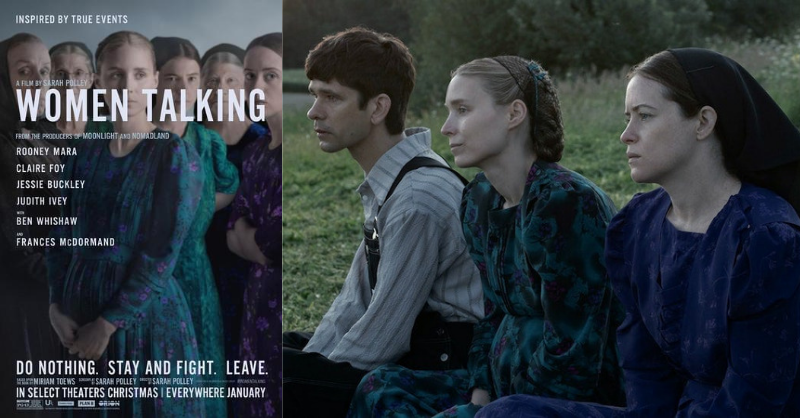
Emerged from the excellent story telling of Sarah Polley, Women Talking is a horrifying yet hopeful story of how women fight the atrocities with their voice.
The wisdom of Sarah Polley never fails to find space to tell strong women stories through her work and “Women Talking” is one such piece that contemplates the idea of revenge and forgiveness. Set in 2010, the movie revolves around the residents of a cultlike religious community. There is more to this place than soy fields, dirt roads, and rustic houses. Women Talking is a story of how the victims of atrocities use their voice to take action and protect themselves against exploitation and injustice. It is both horrifying and hopeful, infuriating and inspiring and sometimes, it is all at once. Emerged and adapted from a novel written by Sarah Polley from Miriam Toews, this movie talks about hope even in the worst situations.
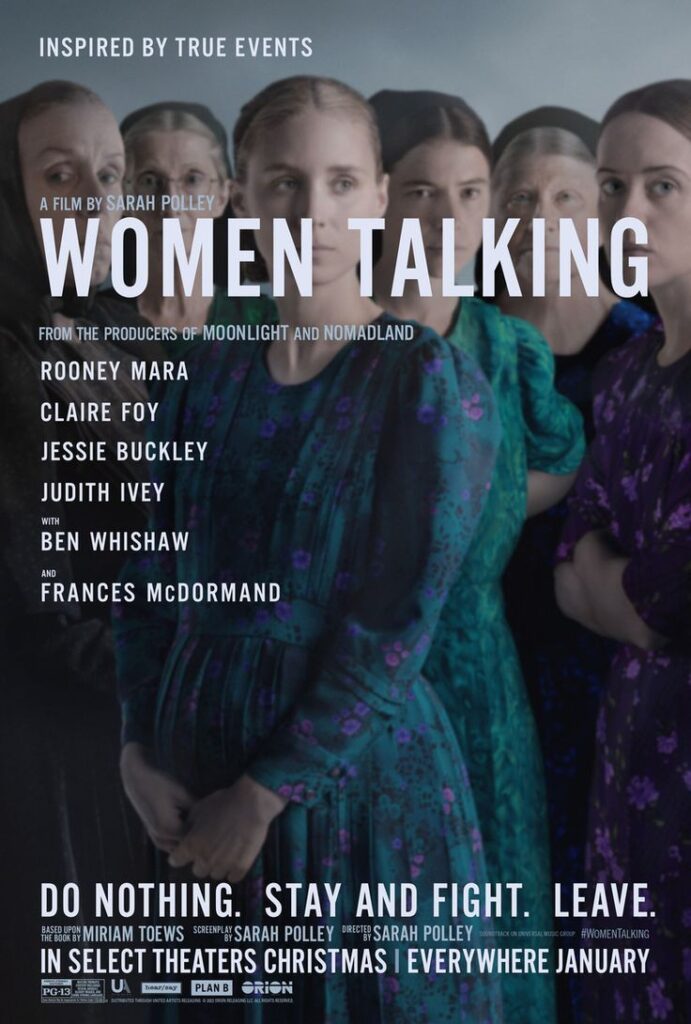
The Plot
Men and women have separate spaces to live in the colony. While men here have been granted privileges like formal education, women are kept uneducated. With men of the community having all the practical, physical and tyrannical power, women find themselves in a very inferior position. The tension in the story starts when women of the colony find out that they are being assaulted by the men of the colony. Many men used cow tranquilizers to make them unconscious and rape them. There’s a quote in the film that goes “Where I come from, where your mother comes from, we don’t talk about our bodies” which signifies that sometimes women weren’t aware of what was happening with them and they were told that it is the work of supernatural demons or it’s just the product of one’s delusions and imaginations. Sometimes women are accused of lying. This goes on for years until a man rapes a toddler but her mother discovers and attacks him. To ensure his safety, the colony men take the man to a nearby city where he was arrested. While the men were away, the women of the colony gathered to discuss their next step as they won’t let these assaults continue. They decided to take the decision through voting. They had three option, Do nothing, stay and fight or leave.
“We had two days to forgive the attackers before they returned. We hardly knew how to read or write but that day, we learned to vote”.-Autje
The tension
These women had two options, to accept the oppression or a revolutionary carnage. Some elderly of the community were in favor of forgiving men as that is believed to open the gates of heaven for them. There is not much element of suspense but to be honest, it doesn’t matter. What matters are the discussions that lead to the conclusion. The film happens between those utterly dramatic, intellectually absorbing, and emotionally gripping debates between women. Most of the decision making debates happen between the women of three families. One such important character that we got to see amidst these discussions was August who has received a secular education outside the colony and now works as a teacher for boys of the community. He takes minutes of the conversation that these women have and adds an extra angle to it.
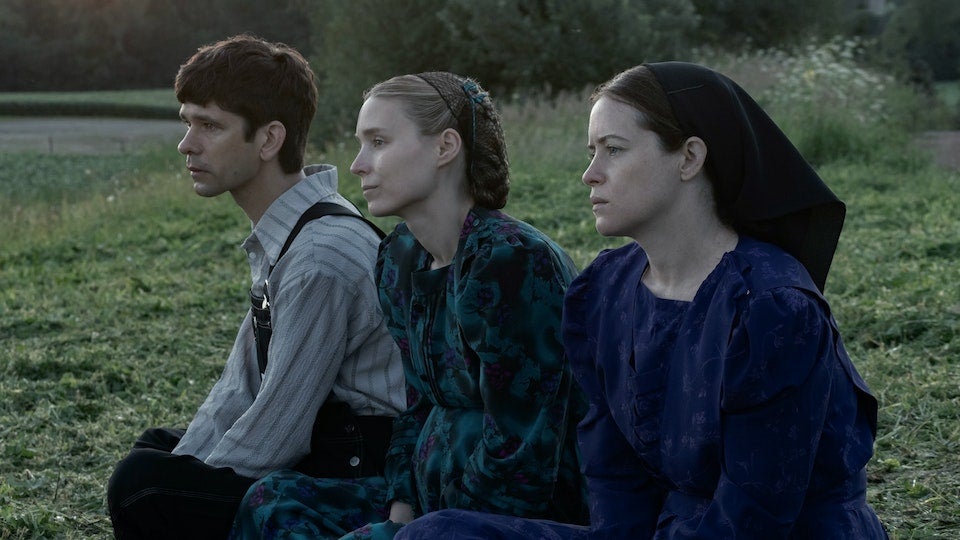
“It is a part of our faith to forgive. We have always forgiven those who have wronged us. So why not now?” – Scarface Janz
The drama is centered around these conversations which subtly show women’s long-suppressed wisdom, self-consciousness and willingness to change the norms. It’s a film which happens with speech and in between speeches and it all fits in place, thanks to the powerful writing of the dialogues and scenes because honestly, they are the essence of this whole story amplified with the performances of the actors. Nothing else happens in the movie other than women talking and it is a movie that is exemplary in its imaginative and distinctive approach. They discussed the morality of violence, the male nature, meaning of forgiveness and the responsibility of the men who weren’t from the attackers. They also discuss if all men are responsible for these happenings and if they all are to be treated equally responsible? It also explores “what is the meaning of forgiveness”. There is a difference between forgiveness that is often taken as “permission to continue the act” and forgiveness that is unforced and comes from within. They even questioned the system that doesn’t allow them to read and learn. While these discussions seem very progressive considering the kind of treatment these women had all their lives, they also addressed their own sense of guilt and shame about their endurance for abuse which resulted in making the culture of physical violence, mental abuse and an oppressive environment more prevalent. We have seen a few moments where a few characters challenge their faith as the horrors that have been inflicted upon them are somewhere caused by the doctrine in which they were raised. Some of the characters like August’s mother are said to be one such character who used to question faith and used to think beyond her received dogma. We saw Ona thinking and talking beyond the horizon where she proposed making this community more female centric on which everyone laughed. Not because they didn’t want it but the dream seemed too far-fetched.
“None of us have ever asked men for anything. Not a single thing. Not even a salt to be passed.Not even a penny, a moment alone, to take the washing in or to open a curtain or to go easy on yearlings or to put your hand on my back while I’m trying to push a baby out of my body for the 12th or 13th time. Isn’t it interesting that the only request we women have of the men would be for them to leave? – Agata
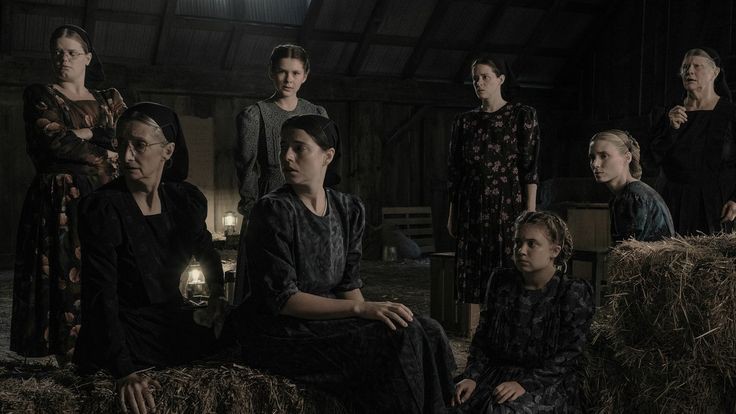
We didn’t see any violence happening throughout the movie, instead we got to see what remained afterwards. Every woman here has different ideals, some believe in forgiveness while some are ready to cause violence if their loved ones are attacked. There are also characters like Mariche who are finding it difficult to come to a conclusion. Somewhere between the habitual resignation to desire to end it all, they found themselves stuck. Mariche has been a victim of physical abuse by his husband and this movie also highlights the faults of the previous generation. In one such powerful scene, Greta (Mariche’s mother) apologizes to her daughter because in the name of faith, she always asked her to forgive her husband for his crimes.
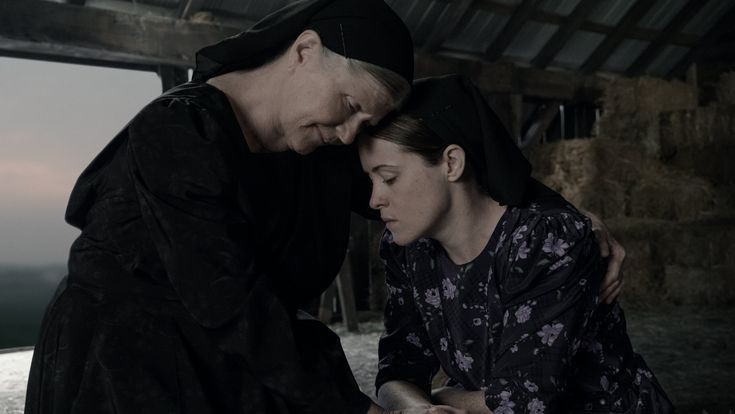
“Why does love, absence of love, and end of love, the need for love, result in so much violence?” -Ona
Women Talking gives us a few hours to enjoy the company of these women, their dare to dream moments and their quest of getting that little space where they are allowed to think and demand safety. The film ends on the start of their journey of abandoning their forced faith and the film leaves us with a feeling of hope and optimism.
Also Read: Some unconventional movies exploring the idea of conventional adult relationships with children
For more pop-culture updates, follow us on @discultured
Events
The Most Memorable Highlights from the 2025 Academy Awards
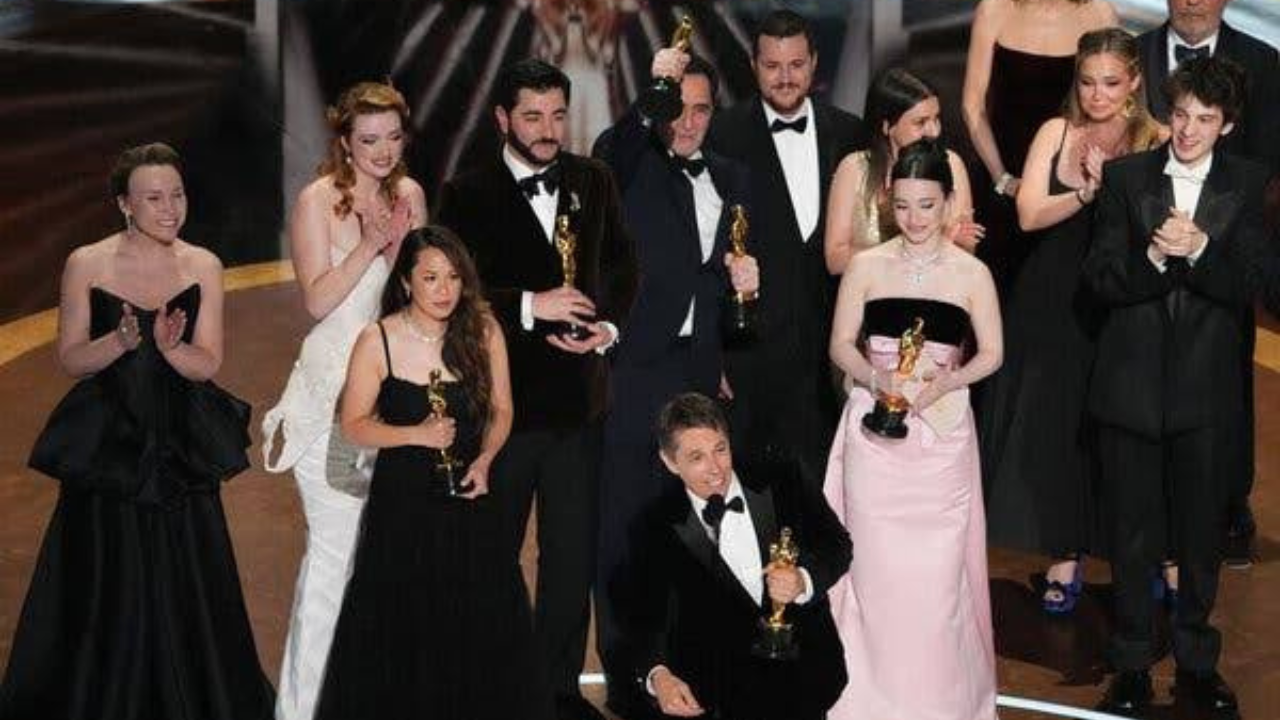
Surprises, Stunning Wins, and Emotional Tributes – The 2025 Oscars Had It All. Catch Up with All the Highlights.
The 2025 Academy Awards, held on March 2 at the Dolby Theatre in Hollywood, was a night of triumphs and surprises that had the attention of audiences worldwide. Hosted by Conan O’Brien, the event was lively, full of humor, and celebrated the diversity and creativity of cinema from all around the world. This year’s ceremony stood out for its focus on inclusivity and representation, highlighting the growing diversity and global reach of the film industry. It was also about recognizing talent and stories from across the globe, signaling a shift in how the Academy values the changing trends in filmmaking.
Historic Wins for Anora

The evening’s biggest winner was undoubtedly Anora, an indie film that took home five Oscars, including the coveted Best Picture. Sean Baker’s direction was celebrated with a Best Director win, making him only the second person in history to win four individual Oscars in a single night, joining the ranks of Walt Disney. But the film’s success didn’t end there—Mikey Madison, portraying a sex worker entangled with a Russian oligarch’s son, secured Best Actress. At just 25, Madison made history as the ninth youngest actress to win the prestigious award. The triumph of Anora was a testament to its sweeping storytelling, captivating performances, and fresh perspective in filmmaking.
Zoë Saldaña and Paul Tazewell Breaking Barriers
The night also saw a series of groundbreaking wins that reflected Hollywood’s ongoing push for inclusivity and diversity. Zoë Saldaña made history as the first American of Dominican descent to win Best Supporting Actress for her role in Emilia Pérez. Saldaña’s win was not only a recognition of her immense talent but also an important milestone for the representation of marginalized voices in the film industry.
Meanwhile, Paul Tazewell took home Best Costume Design for his work on Wicked. Tazewell became the first Black man to ever win in this category, making a significant mark on the history of the Academy Awards.
Adrien Brody’s Second Oscar Win

Another highlight of the evening was Adrien Brody, who secured Best Actor for his performance in The Brutalist. Brody’s win, marking his second Oscar, was well-deserved after delivering a deeply compelling and nuanced performance. His emotional portrayal in the film left a lasting impact on both critics and audiences, making his victory one of the night’s most celebrated moments in the acting categories.
A Heartfelt Musical Tribute by Ariana Grande and Cynthia Erivo

The musical performances were another standout feature of the night. Ariana Grande and Cynthia Erivo took the stage for a touching tribute to Los Angeles, which was recovering from the devastating wildfires. Their renditions of Somewhere Over the Rainbow and Defying Gravity left the audience in awe, showcasing the emotional power of music and its ability to unite and heal. It was a heartfelt moment that reminded everyone of the strength of the city and the spirit of resilience.
Adam Sandler’s Quirky Fashion Moment

In true Oscar tradition, the night wasn’t without its lighthearted moments. Adam Sandler became the talk of social media when he showed up to the ceremony in gym shorts. Conan O’Brien couldn’t resist poking fun at Sandler’s unconventional choice, adding humor to the event. The quirky fashion moment quickly became a viral topic, sparking discussions about casual red carpet looks and how even the most unexpected outfits can become part of the Oscar narrative.
Controversies and Unexpected Upsets
Not everything went smoothly, though. The night also saw some controversies that added an extra layer of drama to the proceedings. One of the most talked-about moments occurred when Iranian co-director Hossein Molayemi interrupted his partner, Shirin Sohani, during their acceptance speech for Best Animated Short Film for In the Shadow of the Cypress. Molayemi’s actions were met with backlash on social media, with many criticizing him for overshadowing Sohani’s moment. The ceremony also saw a surprising upset in the Best Actress category when Demi Moore, who was widely favored to win for her role in The Substance, lost out to Mikey Madison. This unexpected loss left many questioning the voting choices and added to the evening’s fair share of shocking moments.
Despite the controversies, the 2025 Oscars will undoubtedly be remembered as a night that reflected both the changing tides of the industry and the enduring power of film.
Also Read: Weekly Pop Culture Recap: Microsoft to discontinue Skype by May, Best Highlights from the Milan Fashion Week
Follow us for more @Discultured
Events
Weekly Pop Culture Recap: Talkworthy Highlights from the 82nd Golden Globes Awards, Disney’s Merger with FuboTV and Much More

Read on as we break down the biggest pop culture moments you don’t want to miss.
Pop culture has a way of keeping us on our toes, doesn’t it? Every week, there’s something new to talk about—whether it’s a jaw-dropping red-carpet moment, a groundbreaking announcement, or just a story that makes you stop and think. It’s what keeps our group chats buzzing and our feeds endlessly scrollable. Read on as we unpack the most buzzworthy highlights of the week.
The 82nd Golden Globe Awards
The 82nd Golden Globe Awards, held on January 5, 2025, at The Beverly Hilton in Los Angeles, was a night to remember, hosted by Nikki Glaser. One of the most significant moments of the night was Karla Sofía Gascón, who made history as the first trans nominee in a Golden Globe 2025 Screen Actors Guild Awards in a solo category. She was nominated for Best Actress in a leading role for her role in Emilia Pérez.
Another highlight came from Demi Moore, who won Best Actress in a Motion Picture for her role in The Substance. During her speech, she shared a personal story about a time in her career when a producer told her she was just a “popcorn actress,” which made her doubt herself. Despite facing those challenges, she found new inspiration through The Substance, describing the script as “magical” and “bold.” It was a powerful and emotional moment for Demi, marking a triumphant return to the spotlight.
Seems like the peplum style, popular in the 2010s, is also making a return. Celebrities like Rihanna, Harry Styles, Florence Pugh, and Kate Middleton have been spotted wearing peplum designs. At the 82nd Golden Globes, stars such as Cynthia Erivo and Anna Sawai showcased this trend, signaling its resurgence. While some millennials express mixed feelings about its return, others appreciate its flattering effect on various body types.
Family Guy” Returns to Adult Swim:
After a hiatus, “Family Guy” reruns have returned to Adult Swim for the first time since 2021. This follows a non-exclusive deal for the rights to older episodes, bringing the beloved animated series back to its original late-night home.
Disney and FuboTV Merger:
Disney has agreed to merge Hulu + Live TV with FuboTV, aiming to enhance their streaming offerings. This merger is expected to provide subscribers with a more comprehensive and diverse range of content, consolidating their streaming services under one umbrella.
The Tamil film, “Maharaja” Gains Unexpected Popularity in China
Mahraja, starring Vijay Sethupathi, has unexpectedly become a hit in China. The Tamil film’s emotional storyline, centered around a father-daughter relationship, has resonated with Chinese audiences. Its success marks a rare achievement for a South Indian film in the international market, showcasing the global appeal of its narrative and Vijay Sethupathi’s performance.
Also Read: Emerging Fashion Designers India Contest Season 2 Put Budding Talent in the Spotlight
Follow us for more – @Dis_cultured
Events
Dorsia, Gurgaon’s One Of The Biggest BYOBs

Word on the Street: Dorsia, a captivating 21,000 sq. ft. BYOB, is open now on the Gurgaon-Faridabad Road, conveniently located near Golf Course Road. This new hotspot offers an escape from the Delhi-Gurgaon trrafic, making it easily accessible.
BYOB? Absolutely—but not in the way you might expect. At Dorsia, you bring the bottle, and the talented mixologists will elevate your drinks to new heights. Your liquor has never tasted this extraordinary! This isn’t just another dining spot, it’s an ultimate escape—original, essential, and truly memorable.
By day, Dorsia is your peaceful retreat, featuring a nature-inspired vibe straight out of Ubud, Bali. It’s the perfect spot to pop open your laptop and find a cozy nook or just kick back with a calming lunch in a beautiful setting. But when the sun sets, the place comes alive! With electrifying EDM, techno, and hip-hop nights, Dorsia transforms into the ultimate party hub where the fun never stops. Diners will arrive for the tasty bites and stick around for the lively atmosphere! With BYOB cocktails and an inviting ambiance, Dorsia is poised to take over the scene—one delicious plate at a time.
Also Read : – The NOU Walk Of Life : New Talk of Town in Luxury Footwear
Follow Us : – Discultured
-

 Beauty8 months ago
Beauty8 months agoKaftans: The New Festive Staple Taking Over Indian Wardrobes
-

 Events4 months ago
Events4 months agoThe Most Memorable Highlights from the 2025 Academy Awards
-

 Fashion8 months ago
Fashion8 months agoThe NOU Walk Of Life : New Talk of Town in Luxury Footwear
-
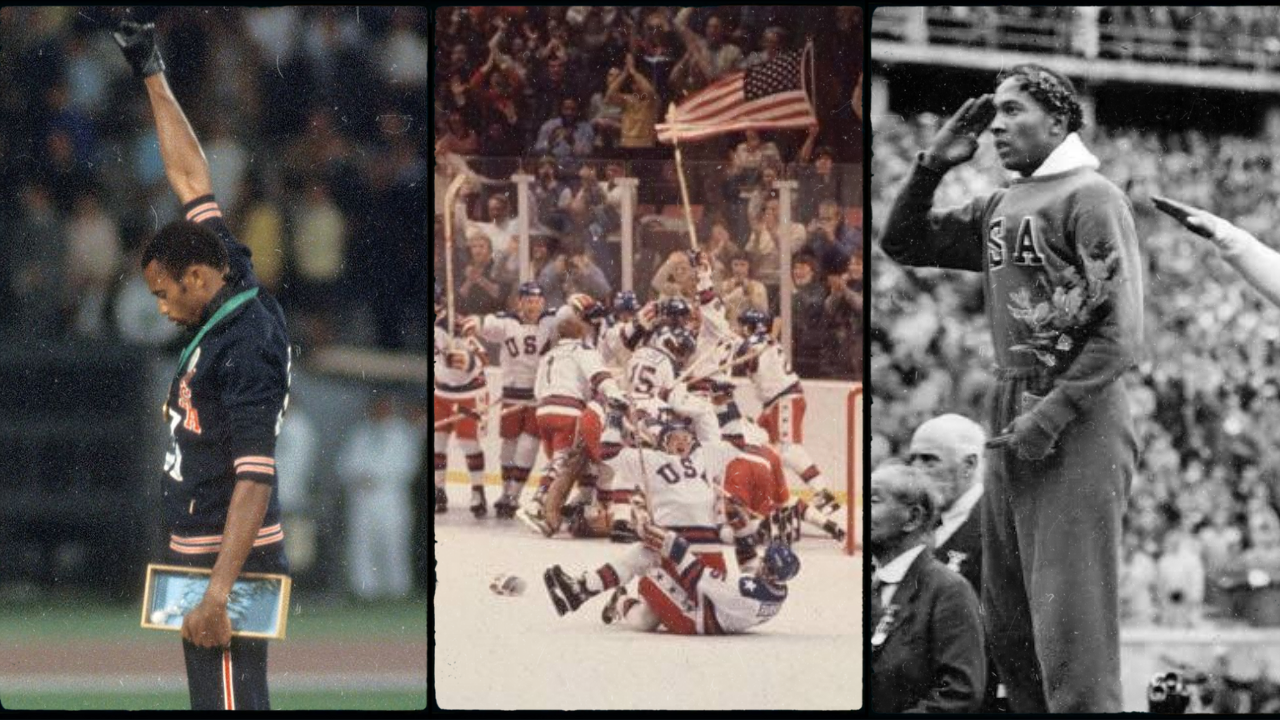
 Events11 months ago
Events11 months agoRevisiting some of the Most Iconic Moments in the History of the Olympics!
-
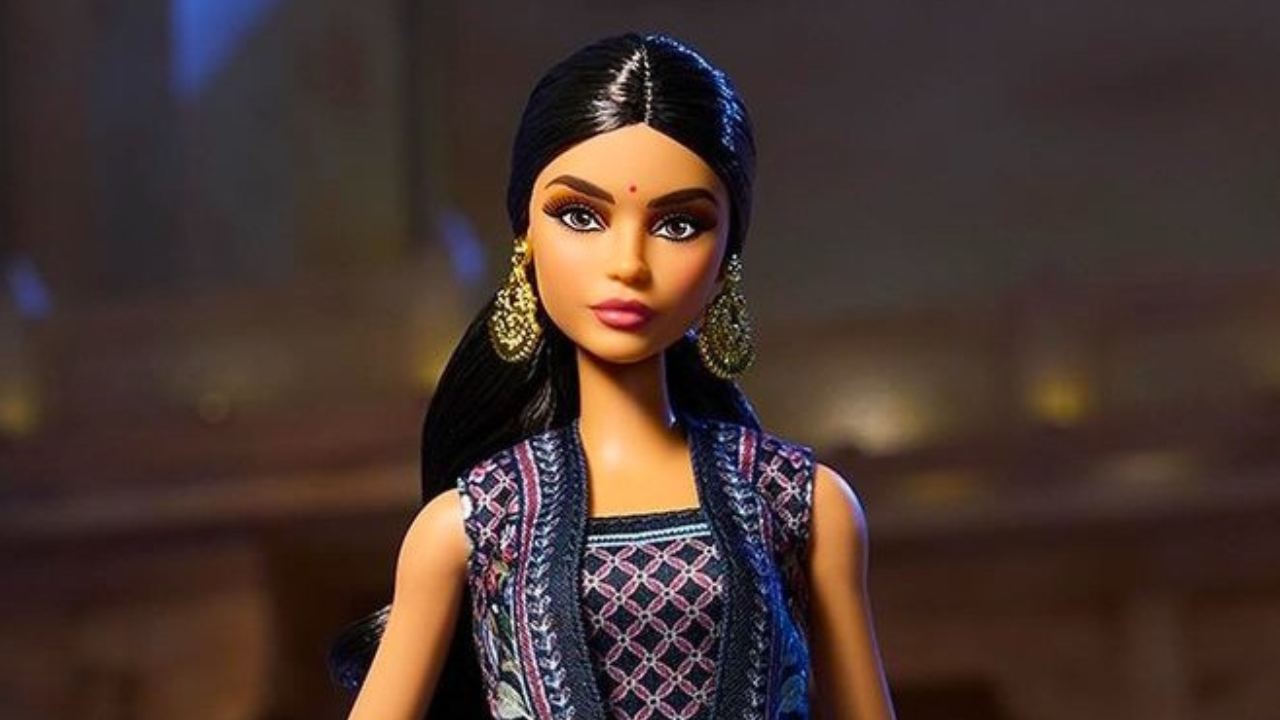
 Pop Culture9 months ago
Pop Culture9 months agoWhy We Need Representation in Toys: The Case for Diwali Barbie and Beyond
-

 Events7 months ago
Events7 months agoDorsia, Gurgaon’s One Of The Biggest BYOBs
-

 Events6 months ago
Events6 months agoWeekly Pop Culture Recap: Talkworthy Highlights from the 82nd Golden Globes Awards, Disney’s Merger with FuboTV and Much More
-

 Events3 months ago
Events3 months agoVivienne Westwood Makes Historic India Debut at the Gateway of India

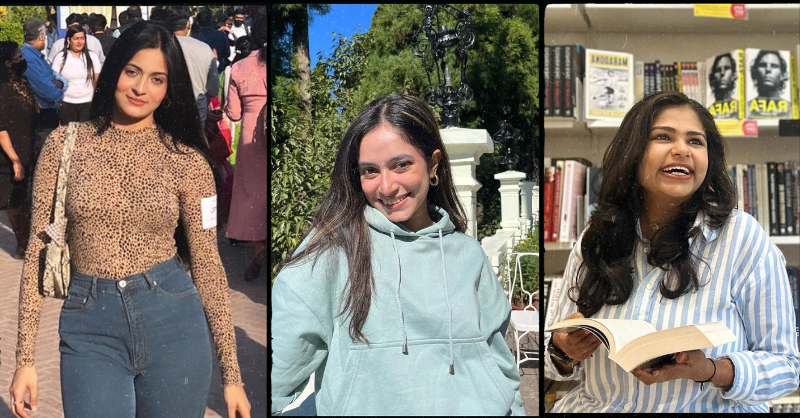
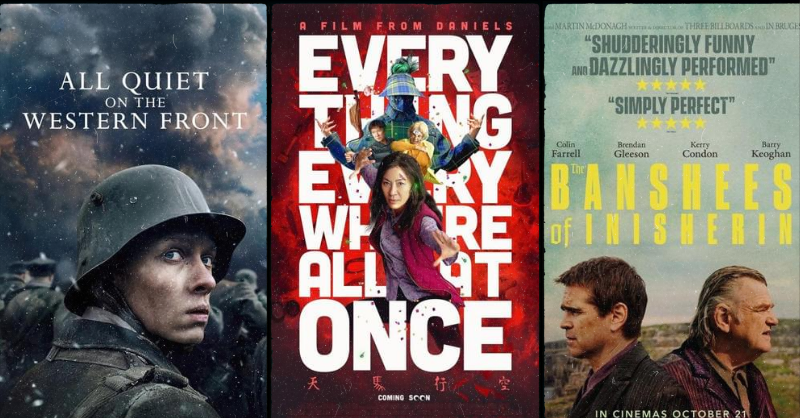










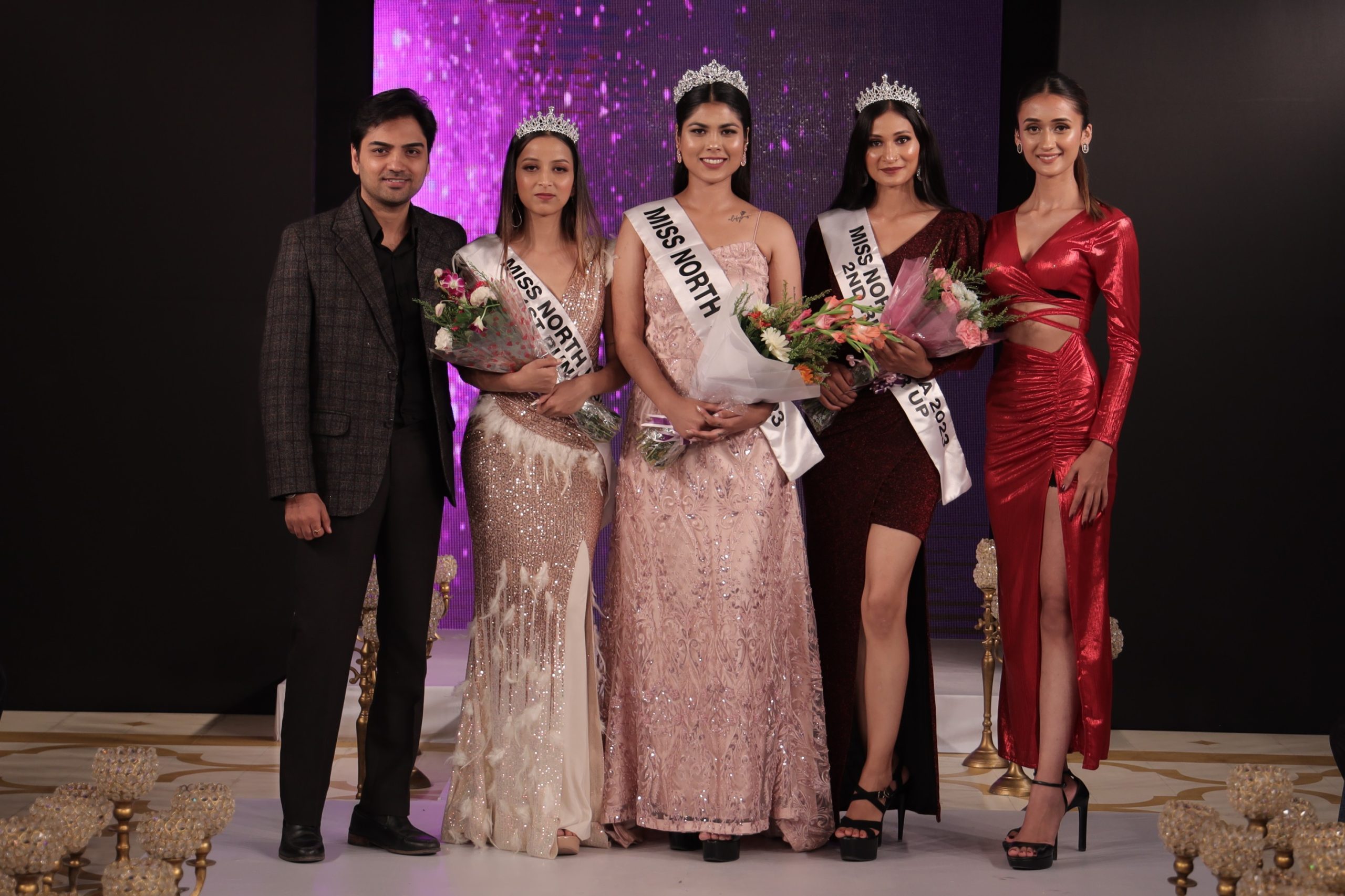
Pingback: 5 Reasons Why You Should Watch "The Last Of Us." - Discultured
Pingback: Social Media influencers, Soha Ali, Vidhya A. Thakkar and Anushka Hazra shared about their inspiration on women’s day. - Discultured
avenue
07.01.2024 at 12:20 am
It to you a science.